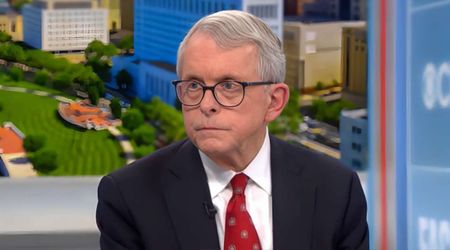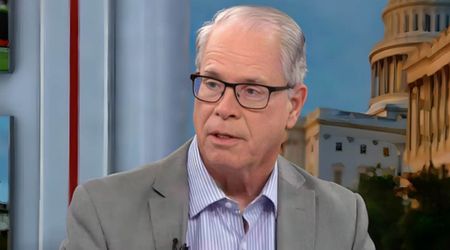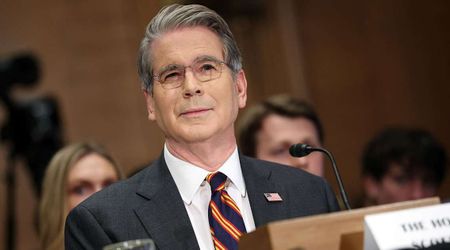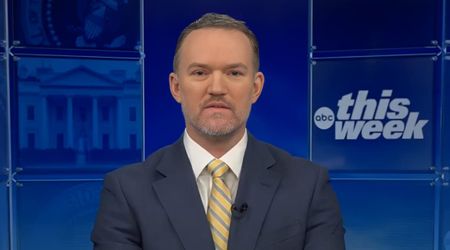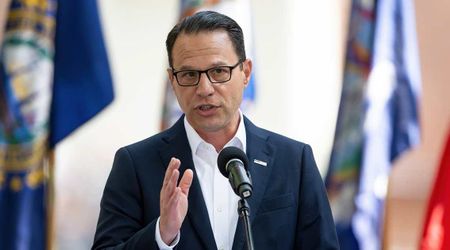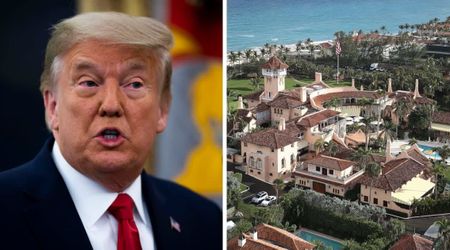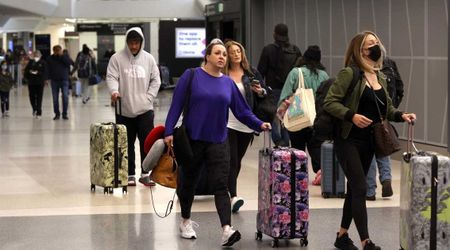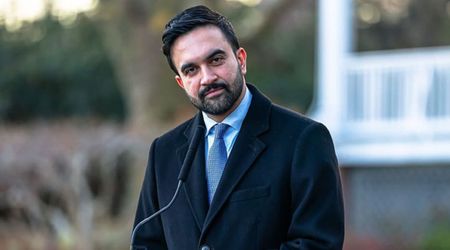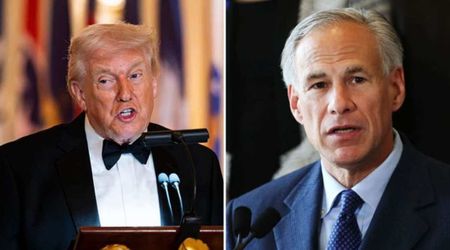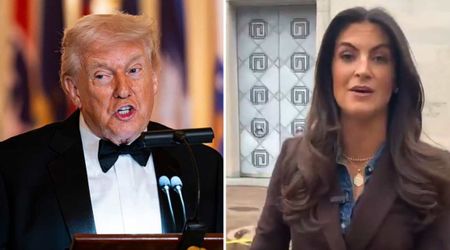Fact Check: Did YouTube limit access to Donald Trump’s Joe Rogan podcast interview?

AUSTIN, TEXAS: Tesla and SpaceX CEO Elon Musk, who is currently campaigning for Donald Trump, has accused YouTube of allegedly censoring the former president's interview with podcaster Joe Rogan.
The tech giant has faced accusations of election interference before. Earlier this year, Trump supporters claimed that the company, led by Sundar Pichai, had an autocomplete function that failed to show information regarding an assassination attempt on the former president.
Elon Musk accuses YouTube of 'censoring' Joe Rogan's interview with Donald Trump
On Monday, October 28, Elon Musk tweeted, "There is massive far left censorship at Google/YouTube."
He responded to a user's claim that read, "If you search 'Joe Rogan Trump' on YouTube the interview no longer comes up. It’s replicable, try it yourself. 🤔"
There is massive far left censorship at Google/YouTube https://t.co/vwNLYvaPy1
— Elon Musk (@elonmusk) October 28, 2024
"Alphabet (Google/YouTube) is the #1 biggest donor to the Democratic Party," SpaceX CEO further claimed. However, he failed to provide evidence to support his assertion.
Alphabet (Google/YouTube) is the #1 biggest donor to the Democratic Party https://t.co/WrmYnhPTPu
— Elon Musk (@elonmusk) October 28, 2024
The most recent episode of 'The Joe Rogan Experience' podcast, released on Friday, October 25, has garnered 33 million views. This episode has swiftly become one of the most-watched podcast appearances in the 2024 election cycle.
Did YouTube really censor Joe Rogan's Donald Trump interview?
When the video was first uploaded to YouTube, it was set to "unlisted," which meant it was only accessible via a direct link and would not show up in search results or on the uploader's channel. Therefore, the interview is not censored.

Rogan clarified on X, previously known as Twitter, that the unlisting was due to a technical issue with Spotify.
The podcaster explained, "There is no issue with YouTube censoring the trump episode. It was just supposed to go live on both Spotify and YouTube at the same time and there was a glitch in Spotify’s upload system, and so we delisted the YouTube link until it’s fixed. It should be fine now."
There is no issue with YouTube censoring the trump episode. It was just supposed to go live on both Spotify and YouTube at the same time and there was a glitch in Spotify’s upload system and so we delisted the YouTube link until it’s fixed. It should be fine now
— Joe Rogan (@joerogan) October 26, 2024
In a statement released to Variety on Monday, October 28, YouTube announced that it had "worked to resolve" the problem and that the search results would soon begin to reflect the resolution.
The statement read, "For some searches on Monday the original 3-hour interview didn't appear prominently. Short excerpts uploaded by the Joe Rogan channel appeared, but we know it was frustrating for users looking to find the full video. We've worked to resolve this and viewers will begin seeing the full podcast in more YouTube search results soon."
Why didn't Donald Trump's interview with Joe Rogan appear on YouTube's trending page despite high views?
The reasons for YouTube not featuring Joe Rogan's interview with Donald Trump in the Trending section are not apparent. According to Newsweek, commenters expressed concern about the video that it did not appear on YouTube's Trending page despite garnering a high number of views,
YouTube's Trending page showcases new videos that have garnered significant views. As per the guidelines set by Google, the owner of YouTube, every video featured on this page must receive final approval from a dedicated team.

Trending videos are chosen by weighing various factors such as the level of engagement, content diversity, broad viewer appeal, and the absence of clickbait or deceptive content.
Political videos may be featured in this section provided they adhere to the platform's criteria. YouTube maintains comprehensive policies regarding election-related content, including the removal of videos that disseminate election misinformation and the promotion of informative content from authoritative sources.

